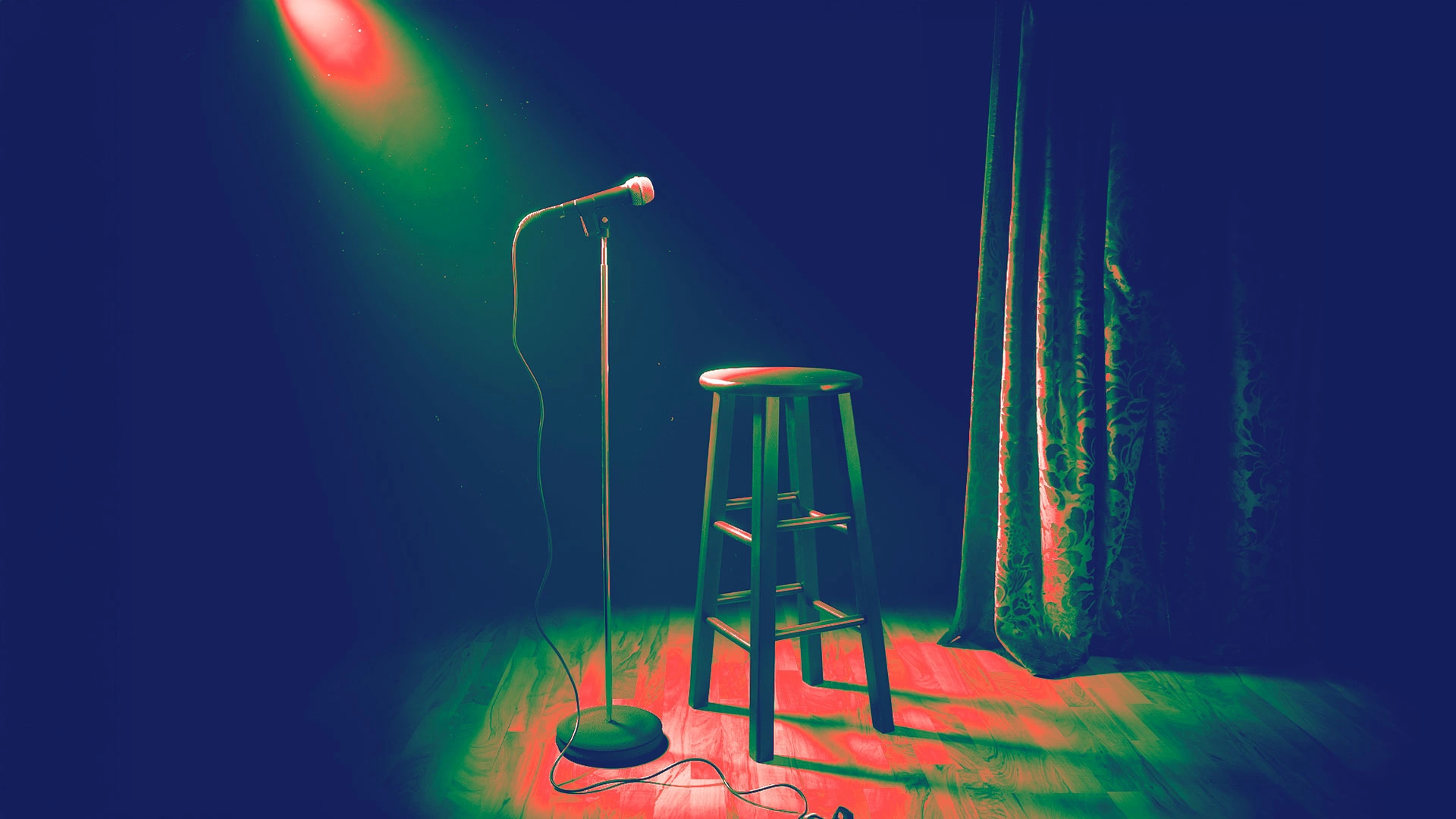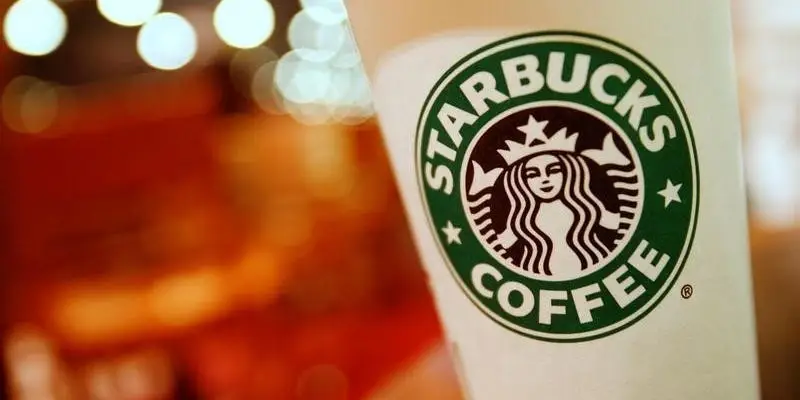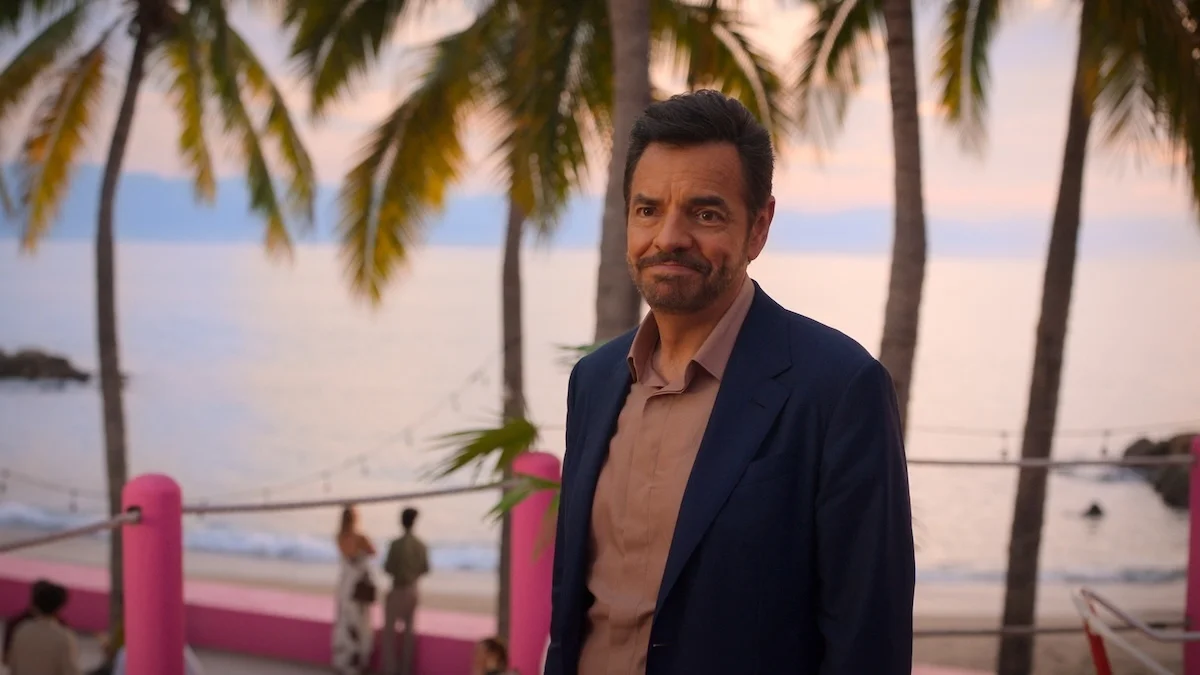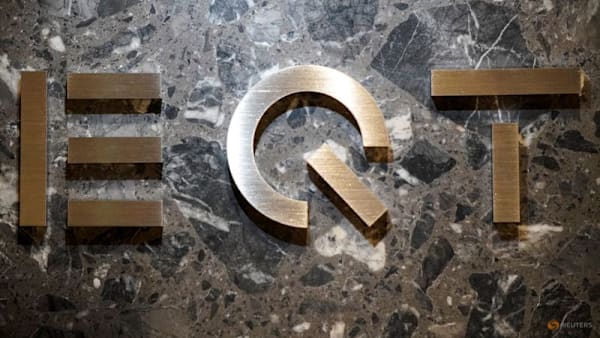
Every comedian on the path to stardom will inevitably have to do shows they aren’t proud of.
It’s sort of a rite of passage: the dreaded corporate gig or—shudder—the mortifying improv class at a company off-site.
Typically, though, those embarrassing shows tend not to be paid for and hosted by countries accused of staggering human rights violations, nor do the performers tend to already be superstars.
Perhaps the fact that so many well-known and well-compensated comics signed on to Saudi Arabia’s Riyadh Comedy Festival can be read as both an indictment of the era of multimillion-dollar stand-up specials and its logical conclusion.
Subscribe to the Daily newsletter.Fast Company’s trending stories delivered to you every day
Privacy Policy
|
Fast Company Newsletters
Spread across two weeks, with the first shows taking place on September 25, the festival is a Comedy Coachella packed with performers who can sell out Madison Square Garden on their own. Dave Chappelle, Kevin Hart, and Bill Burr are among the highlights, along with Louis CK, Sebastian Maniscalco, Gabriel Iglesias, and many more. It’s a regular who’s who of ha-ha.
It’s also part of a broader effort, in the years since Saudi Crown Prince Mohammed bin Salman allegedly approved the murder of U.S.-based Saudi journalist Jamal Khashoggi, to shore up soft power in the region through reputation-laundering cultural efforts like the LIV Golf League, the animation studio Myrkott, and the world’s first Dragon Ball theme park.
Given that job one for comedians is ostensibly speaking truth to power, rather than taking power’s money, this festival lineup has proven controversial. The fiery backlash it has provoked is no laughing matter.
“Drips, Killjoys and Dweebazoids”
A lot of comedy fans have posted online about their disappointment with personal faves like Burr and Hannibal Buress, or cracked jokes about the festival’s very existence. However, nobody seems more disappointed in or upset with the comics who signed on than the comics who didn’t.
Stand-up’s reigning elder statesman Marc Maron, who would probably object to that title for multiple reasons, weighed in with an Instagram Reel that pulled no punchlines.
“I mean, the same guy that’s gonna pay them is the same guy that paid that guy to bone-saw Jamal Khashoggi and put him in a fu*king suitcase,” Maron said. “But don’t let that stop the yuks; it’s gonna be a good time.”
Silicon Valley star Zach Woods went a step further, with a satirical Instagram post pretending to be an ad for the festival.
“Now there’s a lot of drips, killjoys, and dweebazoids who say, ‘They shouldn’t do comedy over there because they’re whitewashing a regime that, just in June, killed a journalist, and killed Jamal Khashoggi, and played a big role in 9/11,’” Woods says after detailing a list of further violations. “Shut up! Name one comedian who hasn’t whored themselves out to a dictator.”
How much money are the comics making the trip to Rayidh taking home for their efforts? Tim Dillon claims he was set to make $375,000 for his performance—and that other performers were to be paid far higher sums—at least before the show’s producers dropped him from the lineup, supposedly for making fun of the region’s labor practices.
Beyond the general principle that suggests American comedians shouldn’t perform on behalf of leaders famously hostile to free speech, many observers are bewildered as to why some of these particular comedians would sign on.
Dave Chappelle, Louis CK, and Whitney Cummings have all embraced a sort of sociopolitical contrarian role in the comedy world and have little to lose, reputation-wise. But even Shane Gillis, who occupies a similar sphere, reportedly turned down a festival slot as an act of integrity.
What are wealthy, mainstream, ideological free agents like Hart, Iglesias, and Chris Tucker doing on this lineup?
Perhaps they were counting on the festival not attracting significant attention, which would indicate that they have not been on the internet in the past five years. Even so, the question remains: Why take a massive, conscience-challenging paycheck when you don’t need the money?
The answer may have something to do with how comedians have been conditioned over the last decade to expect enormous windfall paydays.
How cash crushed comedy
It’s hard to remember now, but comedy specials used to be, you know, special.
advertisement
Comedy titans like George Carlin, Chris Rock, and Ellen DeGeneres would regularly put out a new hour on HBO that had a deep cultural impact. Making a small library of specials endlessly quoted by college kids is what used to catapult comedians to the next level—a sitcom built around them, or a movie career. Either path once meant unfettered access to the money-printing machine.
Those days are long gone, though.
After the bottom dropped out of theatrical movie comedies somewhere in the early 2010s, and as sitcom money dwindled in the shift to streaming, Netflix started investing in stand-up specials. Heavily.
The streaming service signed Rock to a reported $40 million deal for two specials and gave Chappelle a reported $20 million-per-special deal, which has produced eight hours of material to date.
Suddenly, seven-figure Netflix deals became the new normal. The company’s willingness to dig deep for high-profile comedy content inspired an arms race with HBO, Amazon Prime, and Hulu, all of which started spending big to secure top talent—a trend that continues today.
Hulu shelled out a reported $15 million for Burr’s latest special last year, in a bidding war with the other platforms.
The result of incentivizing comedians so heavily to produce an hour of suitable material is that comedy specials now feel less like tentpole events than ever, while more comedians now aspire to, or expect, astronomic sums for them.
The most special thing about stand-up today seems to be that, at a certain level, it might be possible to get a gigantic check for doing very little of it.
A side effect of comedy entering its Big Business era is that, once the Netflix or podcast acquisition money kicks in, some comedians seem to lose the perspective that made them interesting to listen to in the first place.
The struggles of finding a date, after all, tend to be much funnier and more relatable than the struggles of finding the right sedative for a private jet ride to Dubai. Having that kind of money in the mix is how a superstar comedian might end up without even one person in their entourage who realizes that working the Riyadh Comedy Festival is, at minimum, a devastatingly bad look.
Integrity: The funniest thing of all?
In all likelihood, the Riyadh backlash won’t have a sustained impact on any comics’ careers. Many of them don’t have the kind of sponsors who could drop them the way that some brands have parted ways with LIV Golf bandwagon-hoppers like Dustin Johnson. It’s also hard to imagine Andrew Schulz’s or Pete Davidson’s fans making this particular gig their line in the sand.
Perhaps there’s even a case to be made that if the comedians taking Riyadh Fest money end up mocking their benefactors right to their faces at an away game, it would send a powerful message.
Of course, making a public show of turning down the offer would arguably make a more powerful message.
At a moment when U.S. comedians are being pulled off the air, seemingly at the president’s whim, comedians with a strong moral compass are in high demand. Americans are looking to them not only to stand up for free speech but also to use it to cut the world’s most powerful and oppressive forces down to size.
If you’re a high-profile comedian in 2025, you’re either making fun of Trump for receiving a $400 million jet from Qatar or you’re riding along inside of it. As far as true fans of stand-up are concerned, that’s the worst seat in the house.



